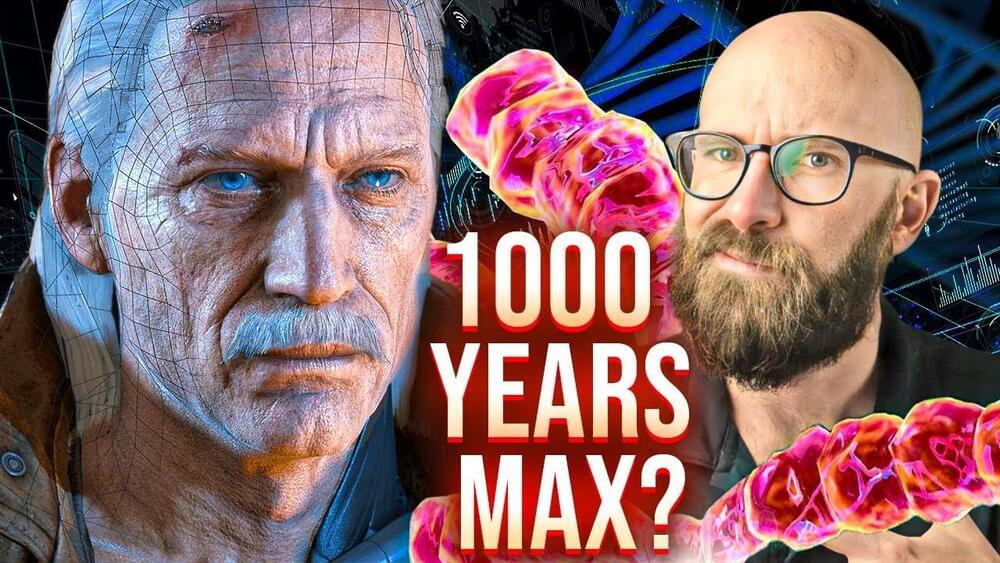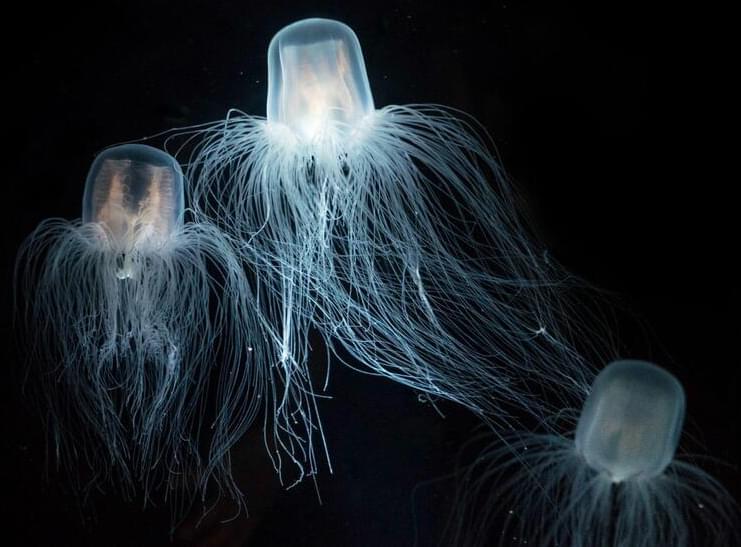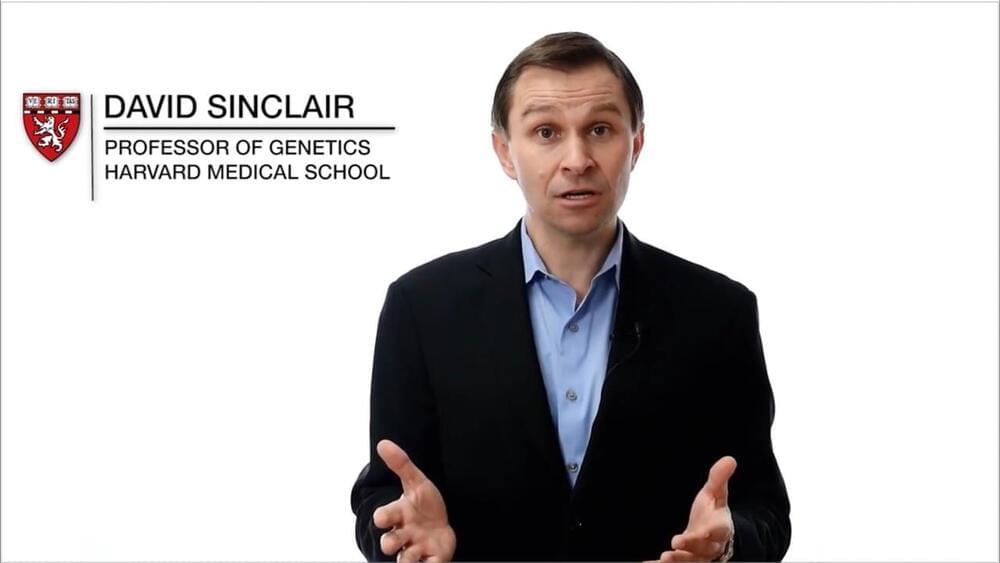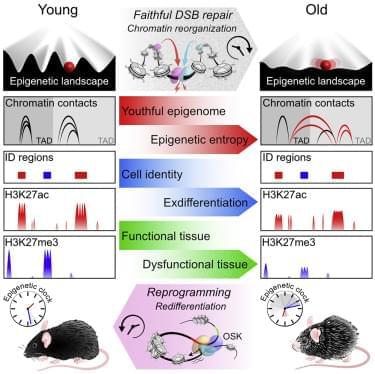
Why do cells, and by extension humans, age? The answer may have a lot to do with mitochondria, the organelles that supply cells with energy. Though that idea is not new, direct evidence in human cells had been lacking. Until now.
In a study published Jan. 12 in Communications Biology, a team led by Columbia University researchers has discovered that human cells with impaired mitochondria respond by kicking into higher gear and expending more energy. While this adaptation—called hypermetabolism—enhances the cells’ short-term survival, it comes at a high cost: a dramatic increase in the rate at which the cells age.
“The findings were made in cells from patients with rare mitochondrial diseases, yet they may also have relevance for other conditions that affect mitochondria, including neurodegenerative diseases, inflammatory conditions, and infections,” says principal investigator Martin Picard, PhD, associate professor of behavioral medicine (in psychiatry and neurology) at Columbia University Vagelos College of Physicians and Surgeons.
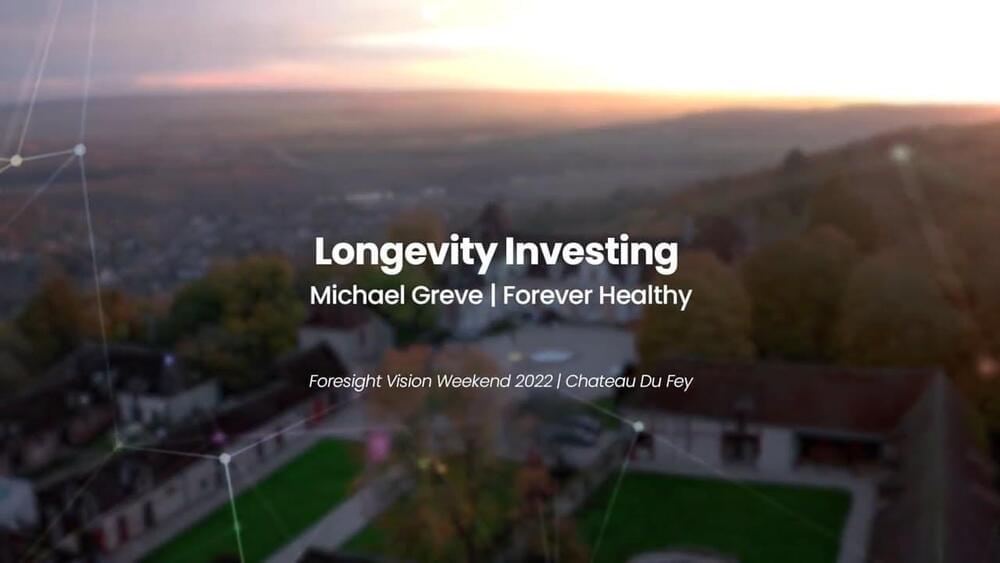
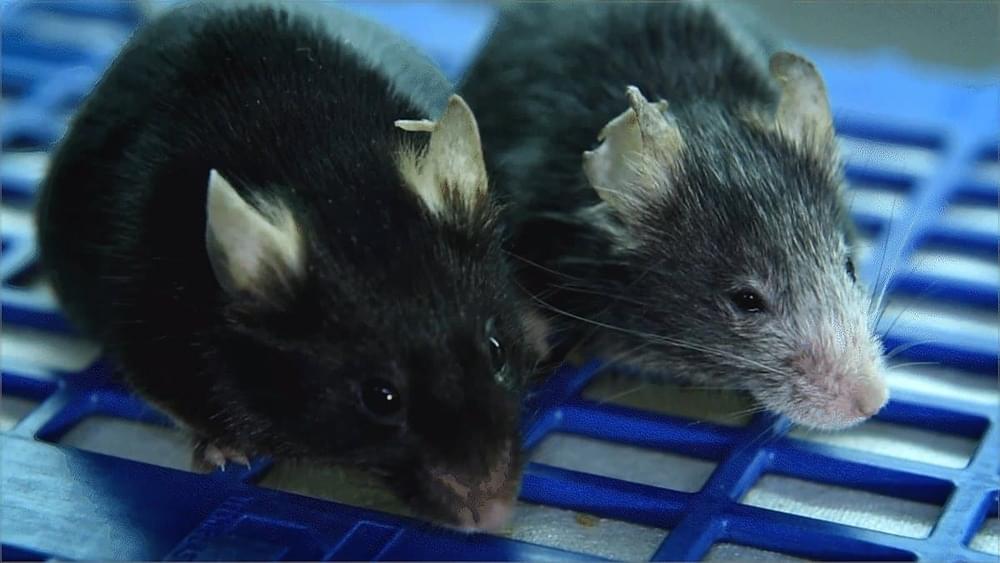
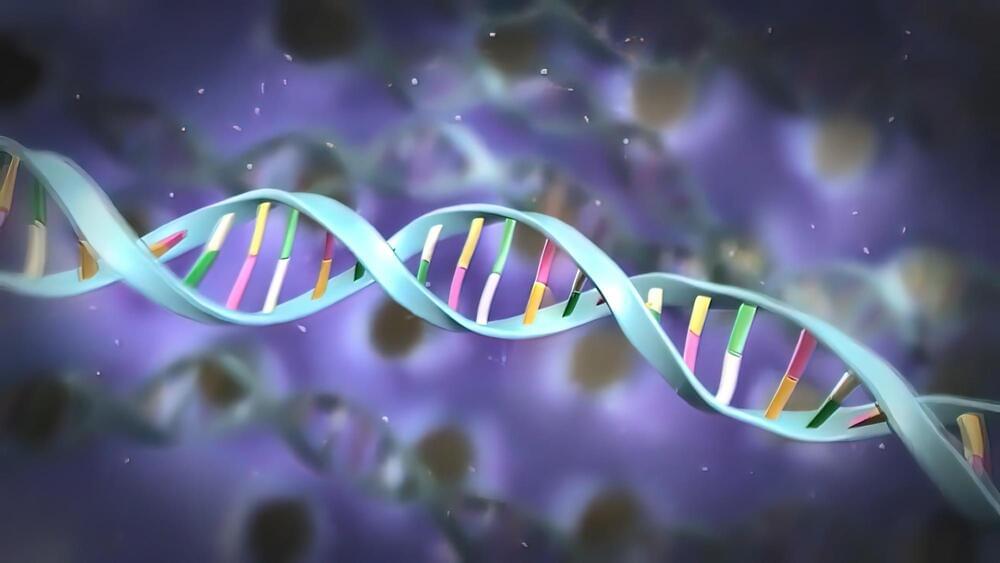
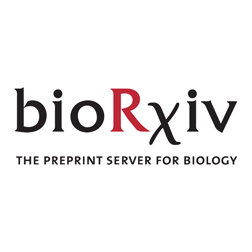 The maximum lifespan varies more than 100-fold in mammals. This experiment of nature may uncover of the evolutionary forces and molecular features that define longevity. To understand the relationship between gene expression variation and maximum lifespan, we carried out a comparative transcriptomics analysis of liver, kidney, and brain tissues of 106 mammalian species. We found that expression is largely conserved and very limited genes exhibit common expression patterns with longevity in all the three organs analyzed. However, many pathways, e.g., “Insulin signaling pathway”, and “FoxO signaling pathway”, show accumulated correlations with maximum lifespan across mammals. Analyses of selection features further reveal that methionine restriction related genes whose expressions associated with longevity, are under strong selection in long-lived mammals, suggesting that a common approach could be utilized by natural selection and artificial intervention to control lifespan. These results suggest that natural lifespan regulation via gene expression is likely to be driven through polygenic model and indirect selection.
The maximum lifespan varies more than 100-fold in mammals. This experiment of nature may uncover of the evolutionary forces and molecular features that define longevity. To understand the relationship between gene expression variation and maximum lifespan, we carried out a comparative transcriptomics analysis of liver, kidney, and brain tissues of 106 mammalian species. We found that expression is largely conserved and very limited genes exhibit common expression patterns with longevity in all the three organs analyzed. However, many pathways, e.g., “Insulin signaling pathway”, and “FoxO signaling pathway”, show accumulated correlations with maximum lifespan across mammals. Analyses of selection features further reveal that methionine restriction related genes whose expressions associated with longevity, are under strong selection in long-lived mammals, suggesting that a common approach could be utilized by natural selection and artificial intervention to control lifespan. These results suggest that natural lifespan regulation via gene expression is likely to be driven through polygenic model and indirect selection.